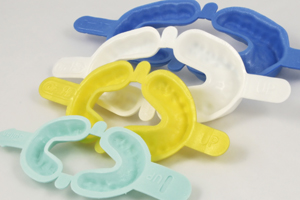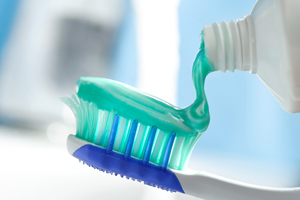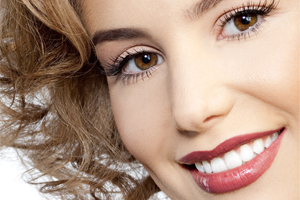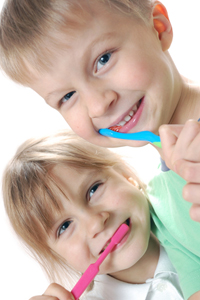04 Aug Fluoride—You Never Outgrow Your Need
You grew up with fluoride. Your teeth show it in the very fact that you still have them. Before 1945, by the time your nest was empty, your mouth was often empty as well. But when cities began adding it to water supplies, tooth decay...











